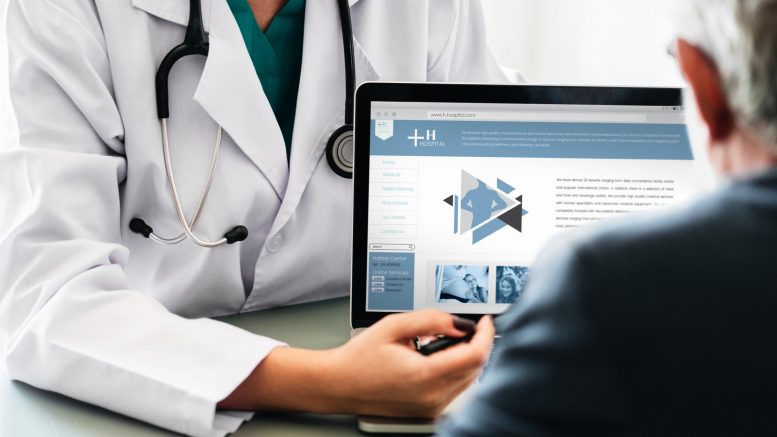The convergence of technology in the field of healthcare is playing a crucial role in the improvement of accessibility and prevailing over the challenges of the infrastructure and the lack of manpower. With the advent of digitization and mobile technology of the healthcare services, the demand and supply gap of the healthcare practitioners is narrowing down. In the current scenario, the customers are open and approachable and their hopes are high. The end users spend most of their time surfing the internet and making use of their smartphones and expect the same across the industries also.
From the healthcare products and health devices to locate a doctor online, healthcare startups are narrowing down the gap between the end-users and service providers via social networks, state-of-the-art-technologies, and applications. The healthcare startups have improved healthcare services delivery and the economic condition of the country as a whole. These startups have been thriving in improving the accessibility of healthcare services and made them economical to the masses via the pioneering use of technology. From the past few years, there has been a remarkable increase in the number of healthcare startups such as HealthKart, DocPrime, Practo, and LiveHealth, which are budding into different functions of the online healthcare services.
Whilst seeking experienced doctors, booking an appointment online can be made online by making use of a mobile application that saves energy and time. Doctor consultation online by DocPrime permits the patients to get the best care at the drop of a hat. Let us delve into the key factors as to how technology enables the advancement of healthcare startups in India.
Internet Use:
As per the Statistics, around 49 percent of the population of India makes use of the internet to gather information on the health. With passing time, many people make use of the internet for their health problems. They not only look for a second opinion but also take an idea about the medications and treatments. It is absolutely not possible to fail to deal with the doctor, but it is easy for the patients to make decisions with the help of Internet services.
Social Media Impact:
Social media use in the field of healthcare has increased massively. From Facebook posts to tweets, social media has permitted the organizations to make connections, promote reliability and share new discoveries. Many industries care about the shares and likes they have got, whereas the main focus of healthcare is on the impact as it is all about earning trust and credibility.
Efficiency and Upgraded Patient Care:
Technology use has made the patients’ care safer in different applications. More physicians and nurses are making use of hand-held computers to keep a note of the patient’s data and share it in medical history. They, now, can combine their lab results, medical orders, and data of crucial signs in a common database. This has all in all, transformed the patient’s efficiency and care level.
Telemedicine:
India has an intensive medical infrastructure, whilst the main section of the Indian population is struggling because of the limited access to the facilities. However, over the past few decades, the country has witnessed a trouble in healthcare via technology. Services such as video-conferencing are also taken into consideration to be economical for the ones living in rural areas. Online consultation via the mobile making use of audio channels, video channels, and images aid the patients who’re deprived of medical help.
Telemedicine sector has seen a growth at CAGR (compounded annual growth rate) of more than 20 per cent, clings to the potential to cross around $ 32 million by the year 2020 from the existing level of more than $ 15 million.
Better Medical Treatment:
With the advent of new treatments, medicines and new machines, technology has transformed the healthcare field. It is not just the medical practices, which have been aiding the patients, but the enhanced means of research have also been of value.
Benefits of mHealth:
At present, out of 80 per cent of doctors or medical practitioners, around 25 per cent of them make use of mHealth to offer patient care. With the increased use of mobile technology, health services and apps by the providers have also increased. 93 per cent of the doctors believes that mobile health apps can make the patient’s health better. Mobile apps can aid the patients to manage their health. Moreover, via mobile applications, it is easy for doctors to communicate with their patients if they do not use their mobiles.
With the mobile applications, booking an appointment with a doctor has become easier.
Improving Accuracy and Speed:
The digital health start-ups, especially in wearable and sensor technology, have enhanced the data precision, which leads to the right diagnosis in lesser time.
You can book an appointment with the experienced and best doctors across India via DocPrime. For online doctor consultation by DocPrime, you need to book an appointment and get in contact with their experts.



Be the first to comment on "7 Ways how Technology is Influencing the Growth of Healthcare Startups"